A driver in San Rafael, California is attempting to appeal a traffic citation for driving alone in a High Occupancy Vehicle lane.
Jonathan Frieman and his attorney, Ford Greene, argue that since
Frieman had corporate incorporation papers in his car when he was
stopped by an officer, he was actually carpooling at the time.
Technically, the state of California's definition of personhood includes
both "natural persons and corporations." But Frieman's out to do more
than just skirt a $478 traffic ticket with a little fancy legal
footwork.
He's sworn to chase the case all the way to the Supreme Court should the first trial not go his way in an attempt to "expose the impracticality of corporate personhood." If Frieman eventually wins his case, the victory could have serious implications on the US Supreme Court's Citizens United decision.
While the US legal system has weighed the benefits and drawbacks of corporate personhood for years, the issue became more clear in 2010 when the Supreme Court ruled that restricting corporate political spending violated the First Amendment. Granting corporations constitutional rights implies the entities themselves have personhood.










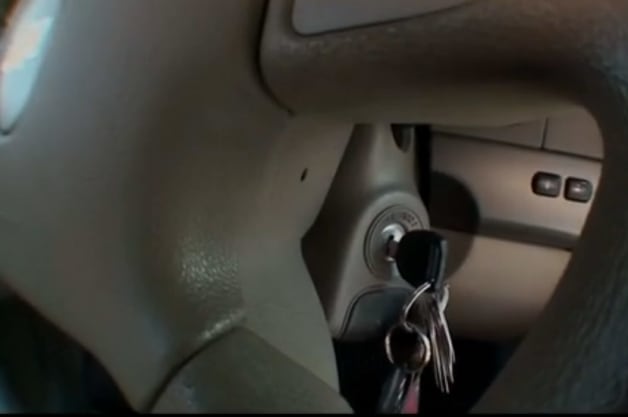

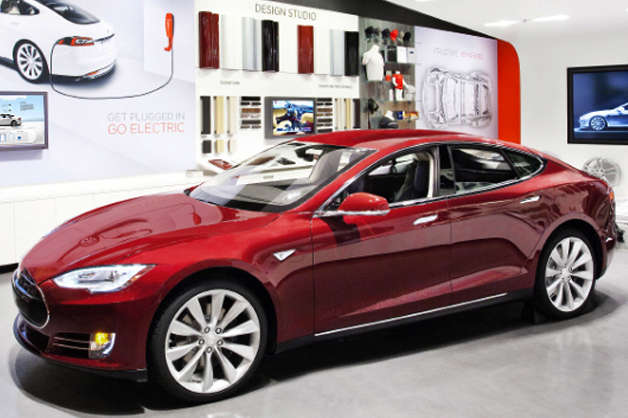
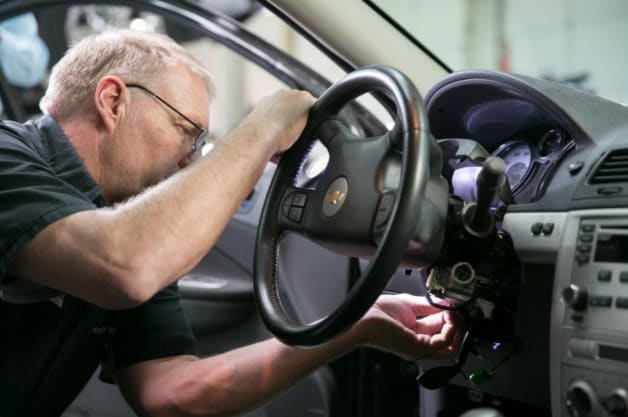
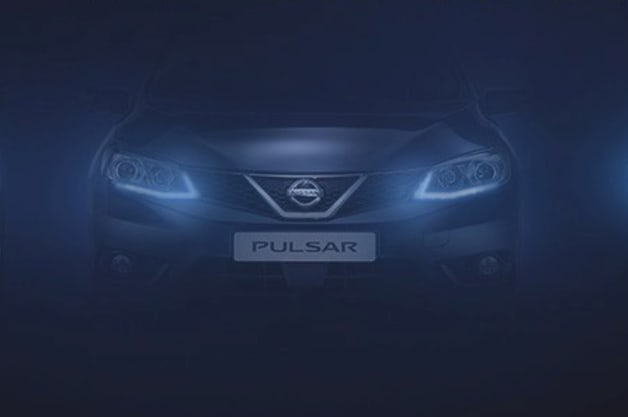
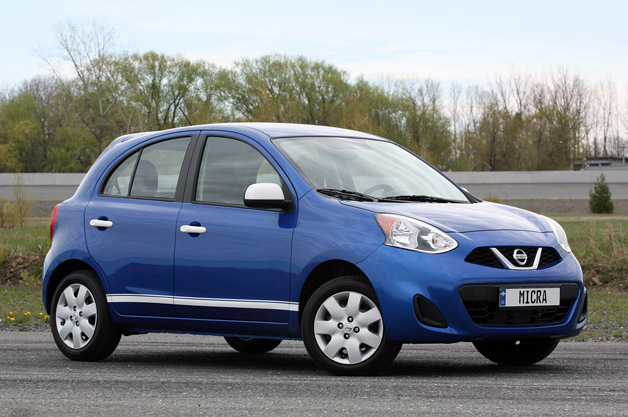
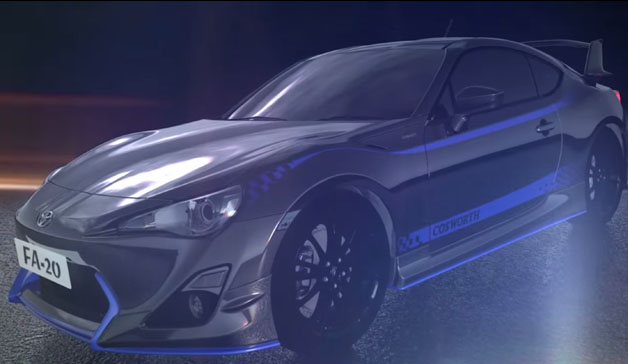
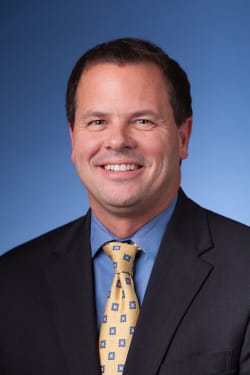


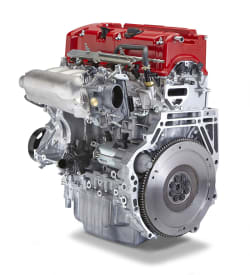
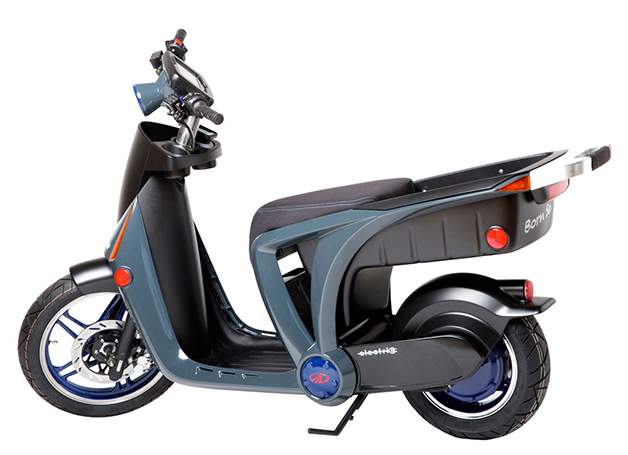


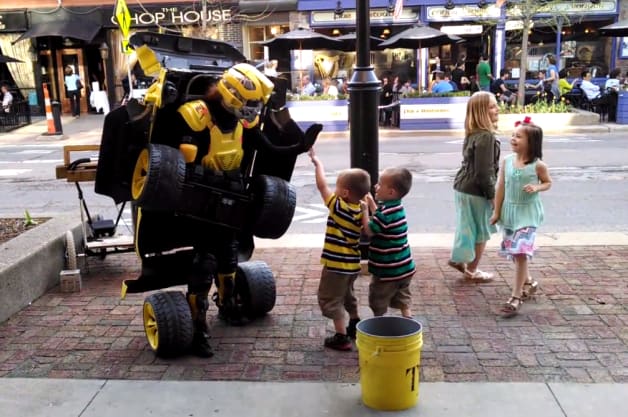










0 nhận xét:
Post a Comment